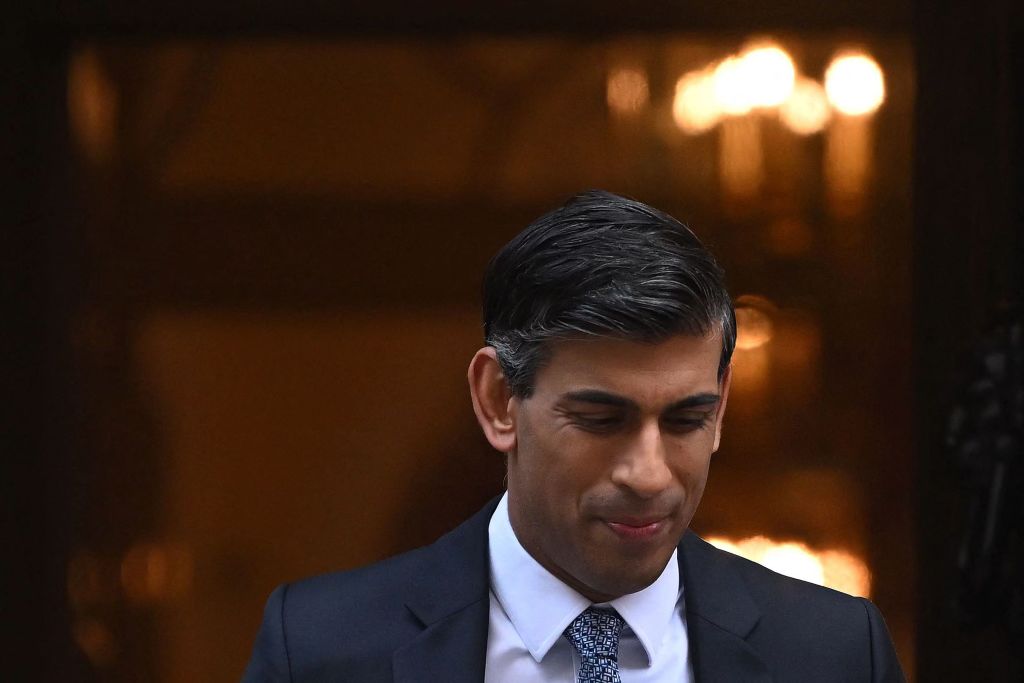Another day, another U-turn: this time on onshore wind. To the surprise of no-one, the government has given in to rebel Tory backbenchers, including two former prime ministers, who had been pushing for the end to the moratorium on new onshore wind farms. The amendment to the Levelling Up and Regeneration Bill from former Levelling Up secretary Simon Clarke would instead allow new windmills in areas where there was genuine local support. Tonight, the Levelling Up ministry announced a ‘technical consultation’ which will ‘explore how local authorities demonstrate local support and respond to views of their communities when considering onshore wind development in England’. The press release claimed that ‘today’s announcement builds on previous government action to make sure local communities are at the heart of decisions on onshore wind’.
This is a very long way of saying ‘we have changed our policy’ – and is an attempt to show that the change isn’t a particularly big deal because it follows the direction already set by the Conservatives in government back in 2016. Of course, there have been four prime ministers since then, one of whom (Boris Johnson) has changed his own policy repeatedly depending on whether he’s in Downing Street or trying to annoy its current occupant. The Tories have travelled consistently in the same direction on one thing, though: they are squandering whatever majorities they have at any given time. Theresa May assumed she’d end up with the sort of numbers that Johnson, Liz Truss and Sunak have had when she called the 2017 election, and instead squandered the modest majority she’d inherited from David Cameron. But within a few months of winning his big majority in 2019, Boris Johnson discovered that having more Tory MPs doesn’t necessarily mean you’re any more likely to get your way on tricky policies. Truss realised she didn’t have a mandate for what she wanted to do, while Sunak is regularly having to acquiesce to the demands of the hollow majority to avoid regular defeats. He has only recently passed Truss’s tenure of 44 days in the job, and though he’s not causing market meltdown, he knows he doesn’t have a united party that fully backs him. With every U-turn he has to execute, he makes the next one even easier for Tory backbenchers. And given there are so many factions pushing him around, it is increasingly difficult to see how ‘Sunakism’ will ever be remembered as much more than stopping the economy and the Conservative party from totally exploding, rather than a specific set of achievements.







Comments